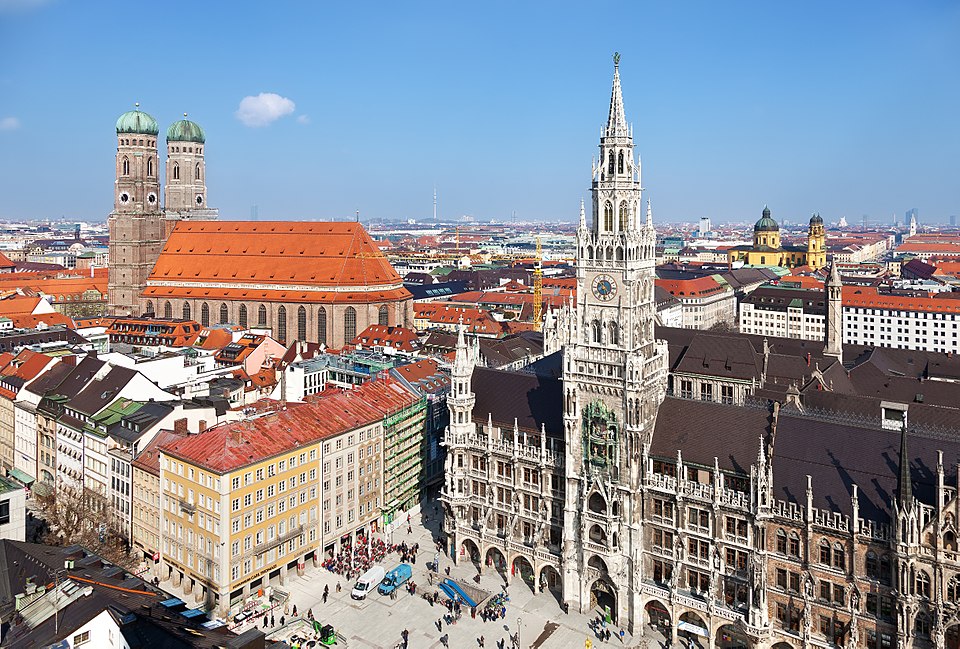

Curated experiences in München
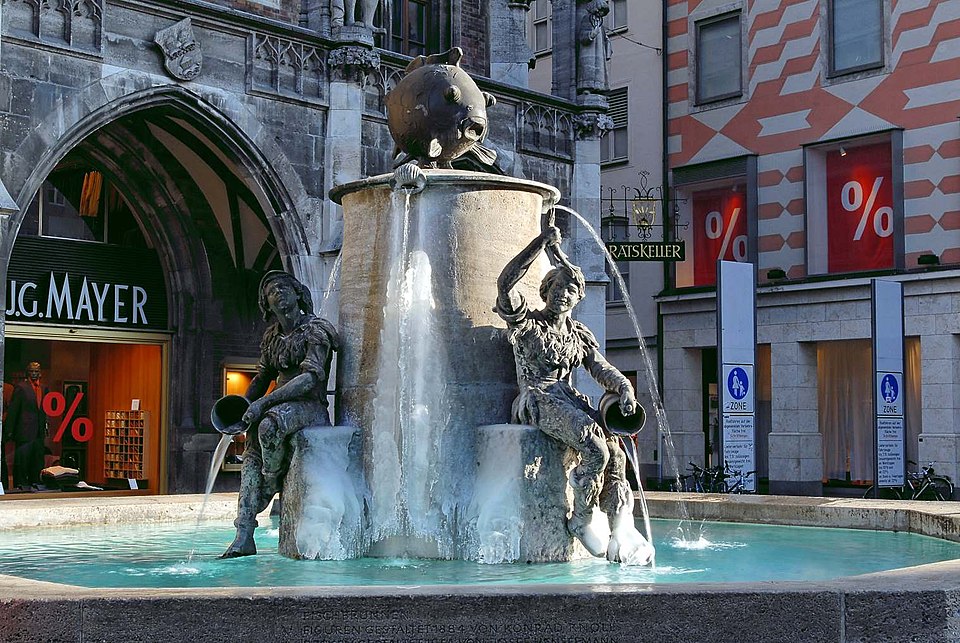
The Fischbrunnen is a fountain in the center of Munich, whose history can be traced back to the Middle Ages. …
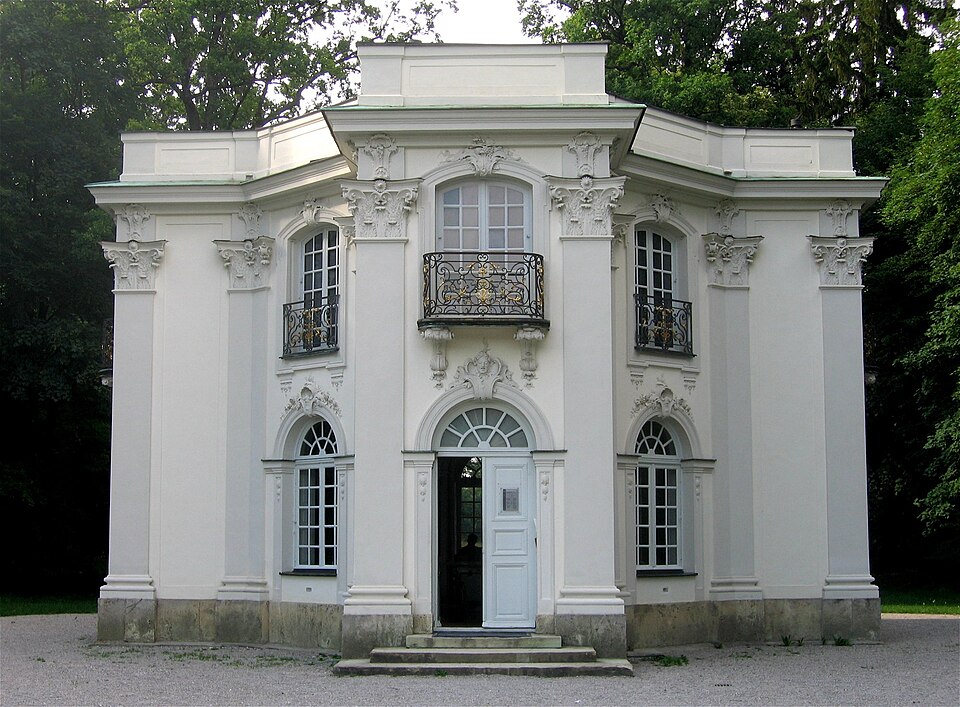
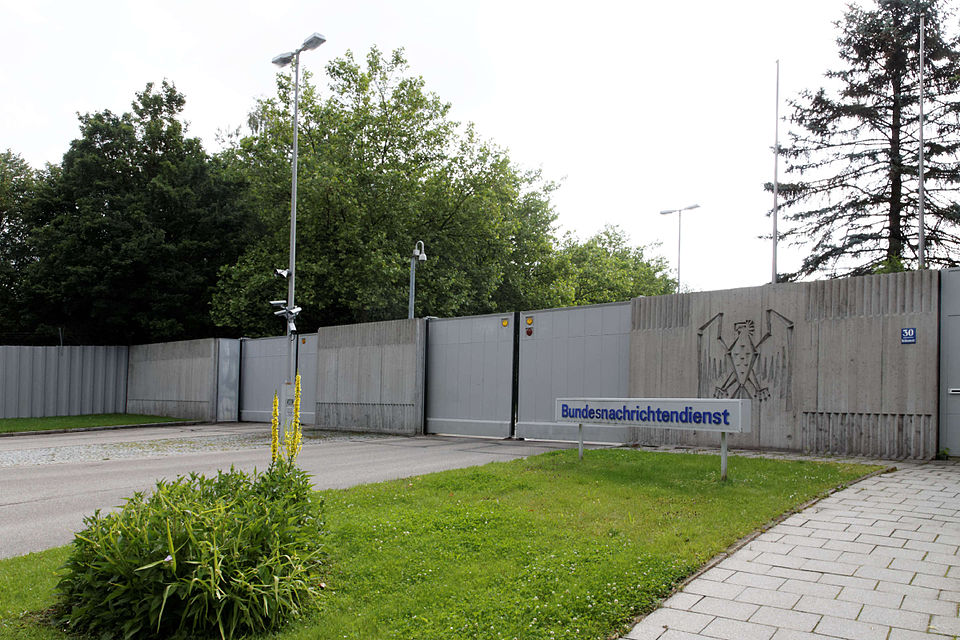
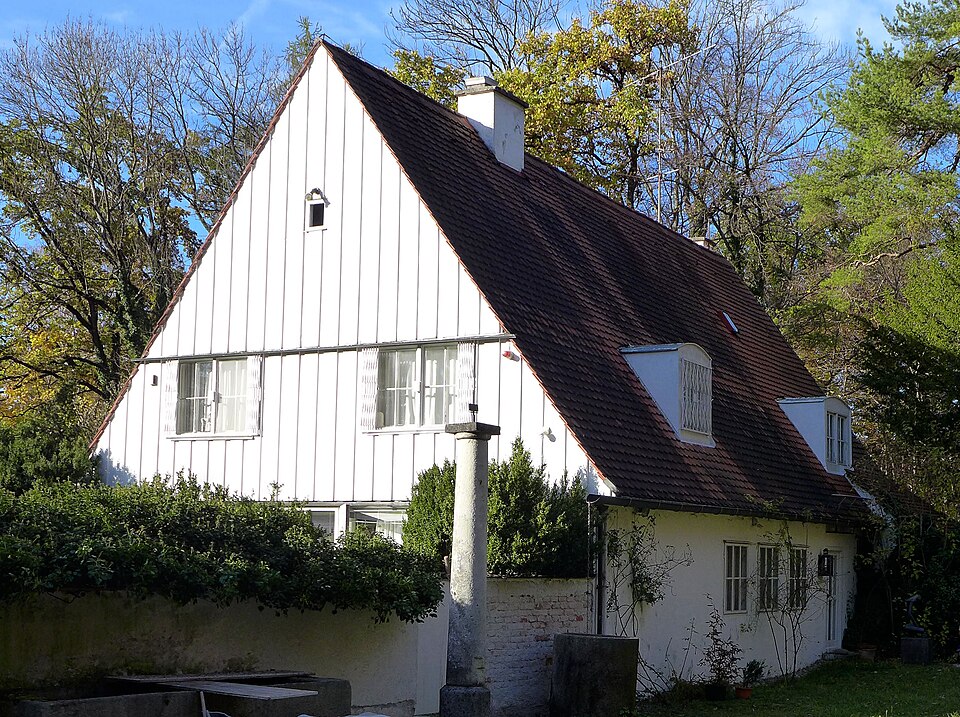
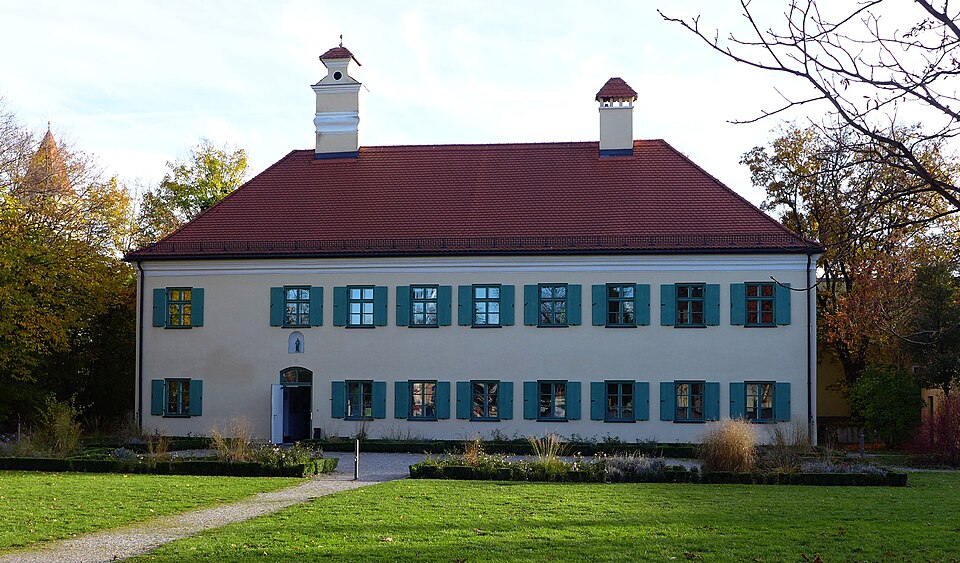
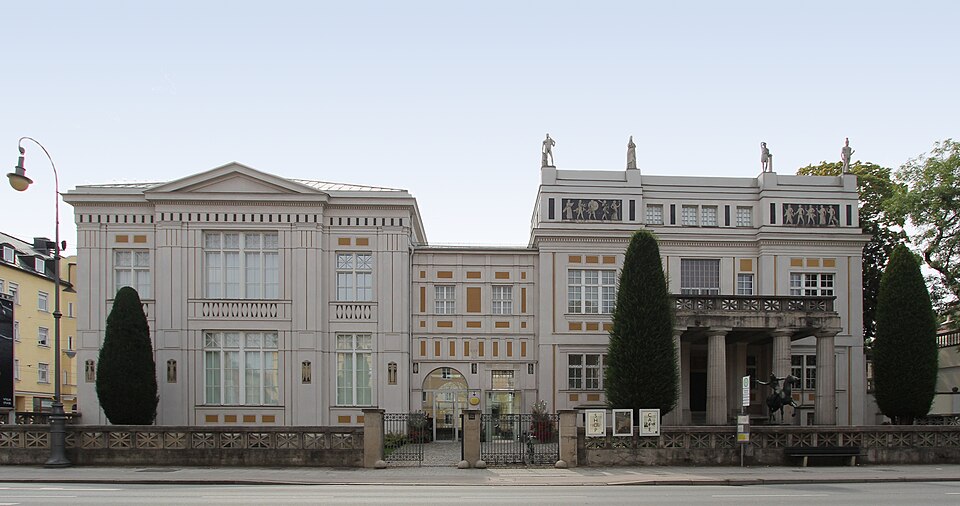
The Villa Stuck, built in 1898 and established as a museum in 1992 and located in the Munich quarter of …
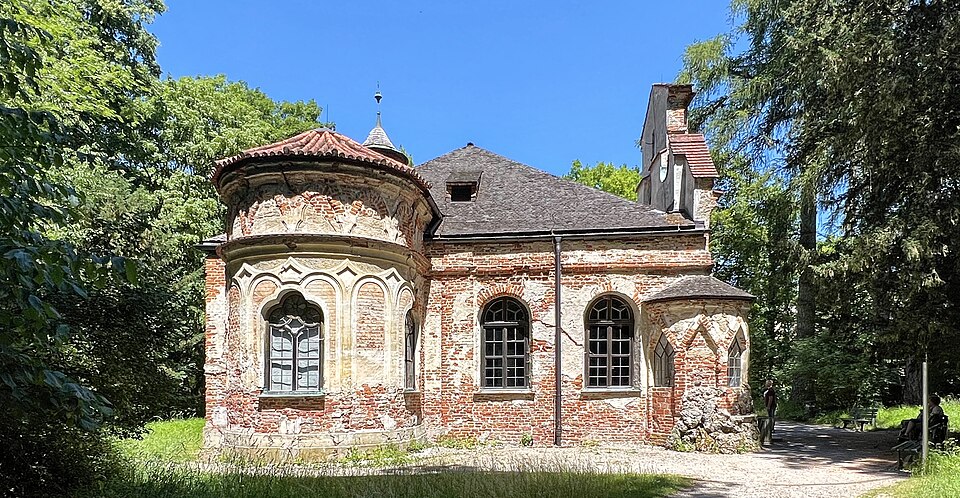
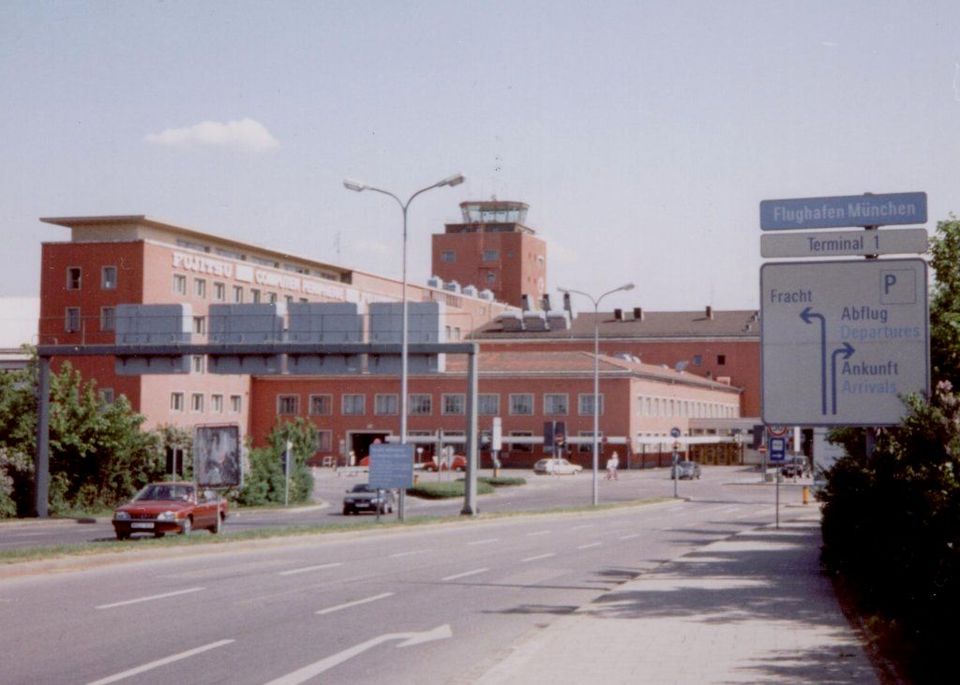
Munich-Riem Airport (German: Flughafen München-Riem) (IATA: MUC, ICAO: EDDM) was the international airport of Munich, the capital city of Bavaria …
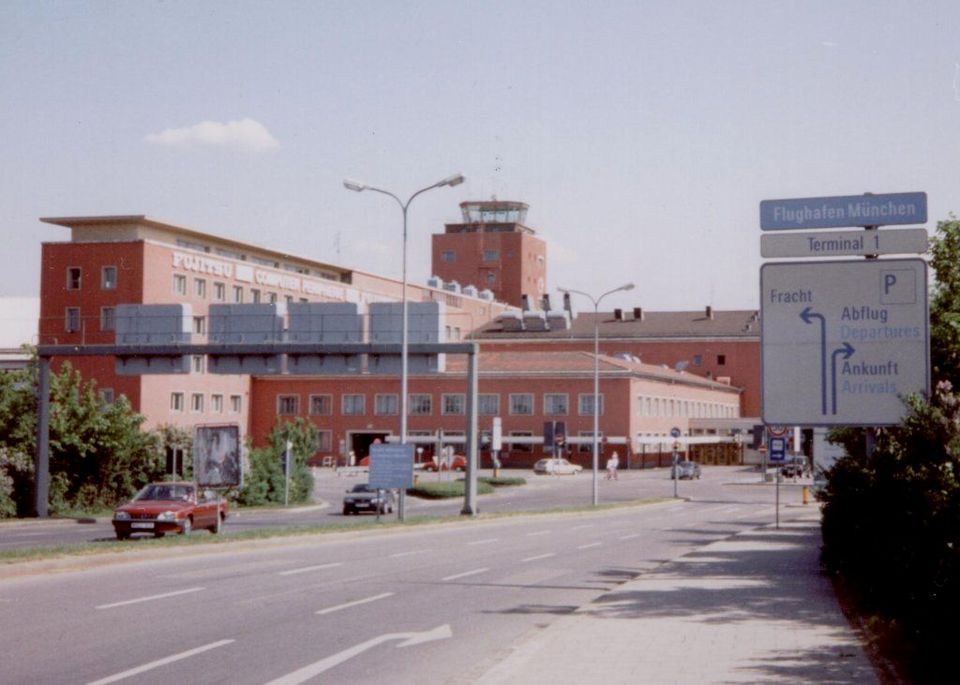
Munich-Riem Airport (German: Flughafen München-Riem) (IATA: MUC, ICAO: EDDM) was the international airport of Munich, the capital city of Bavaria …
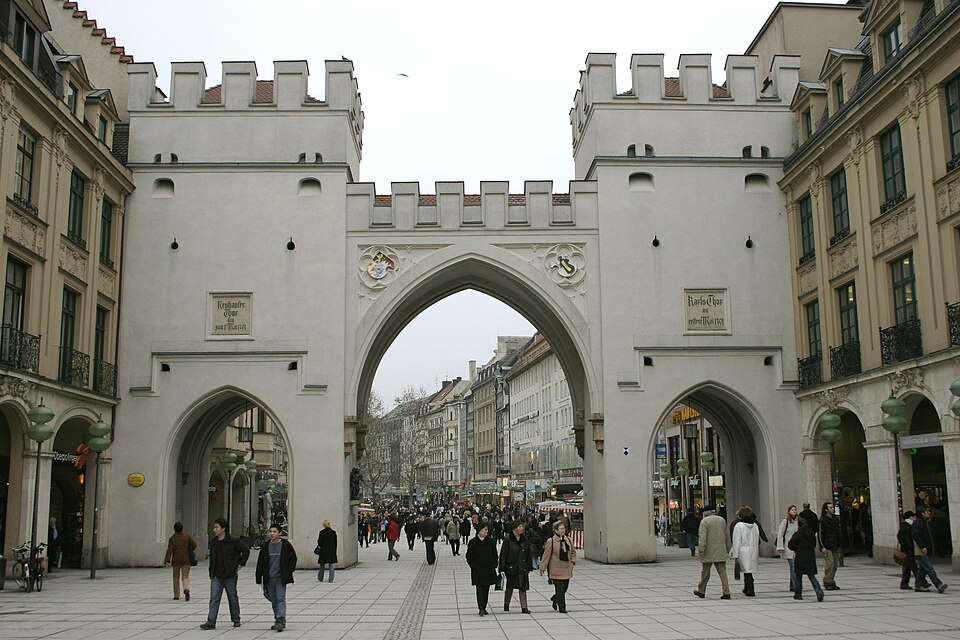
Karlstor in Munich (called Neuhauser Tor until 1791) is a medieval city gate, which served as a defensive fortification and …
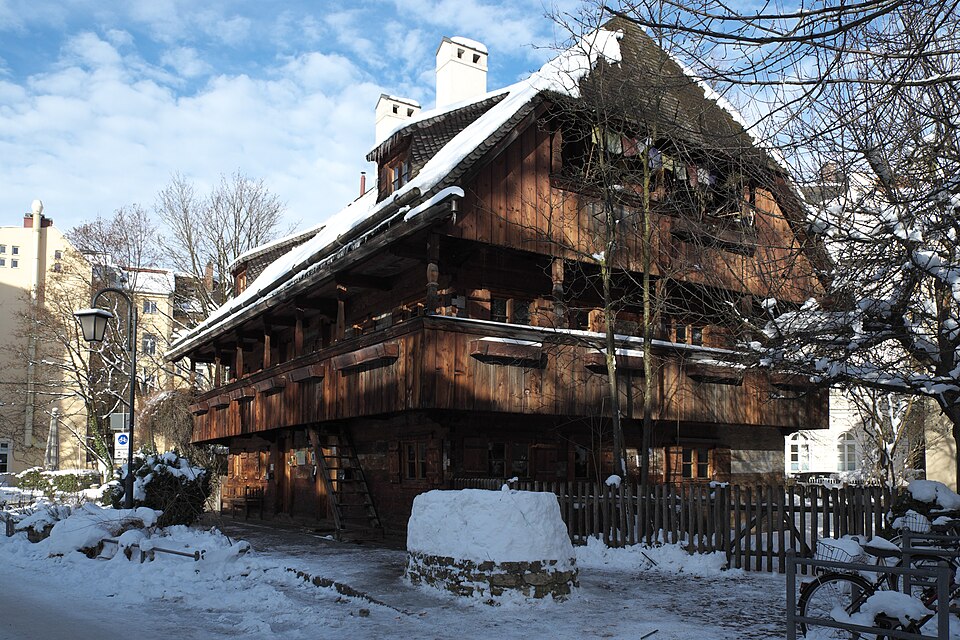
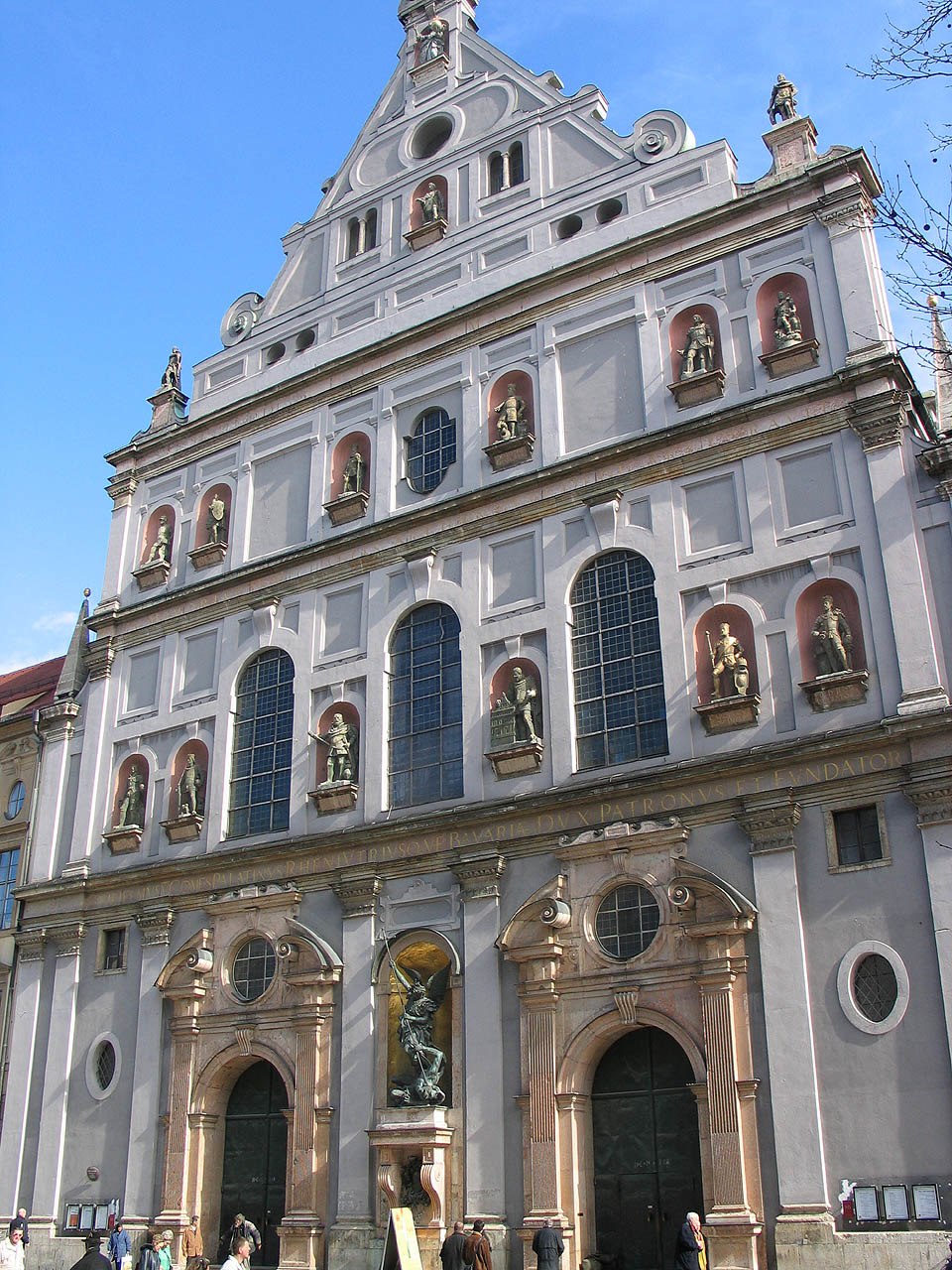
St. Michael's is a Jesuit church in Munich, capital city of the state of Bavaria, Germany. It is the largest …
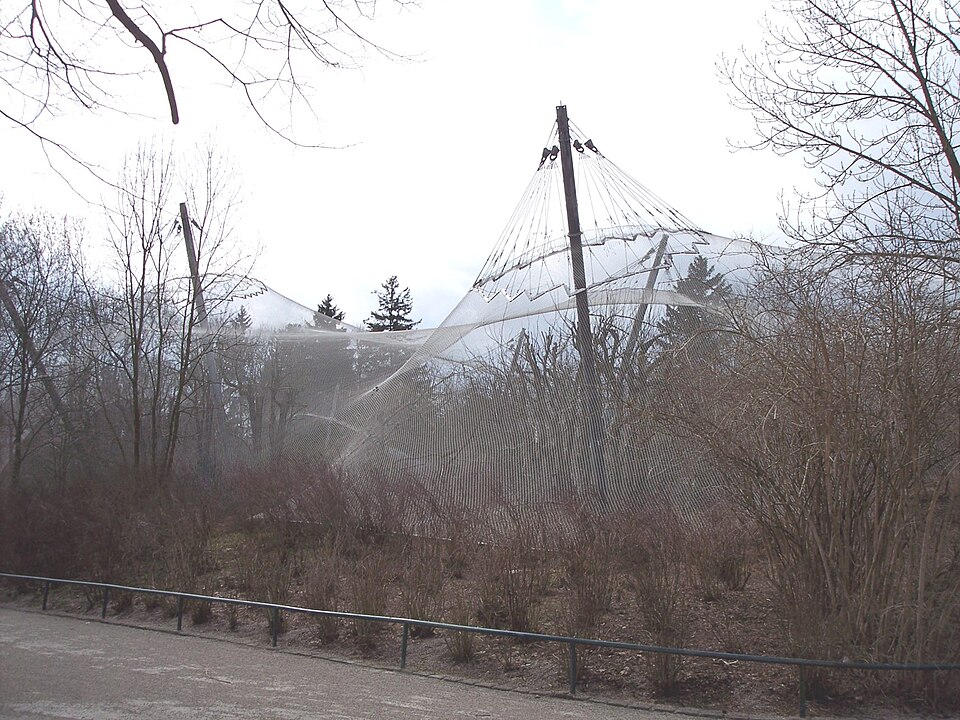
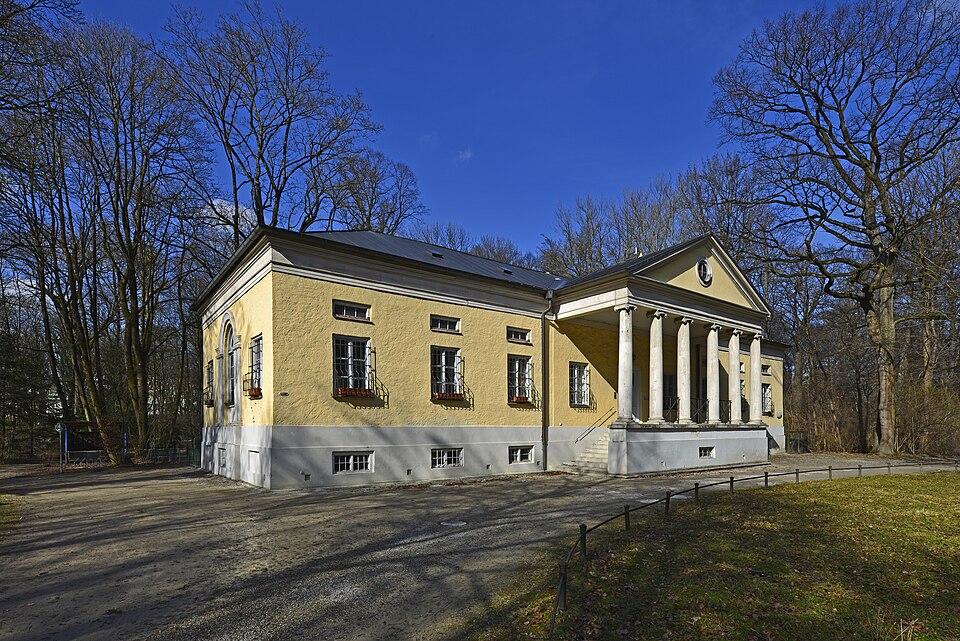
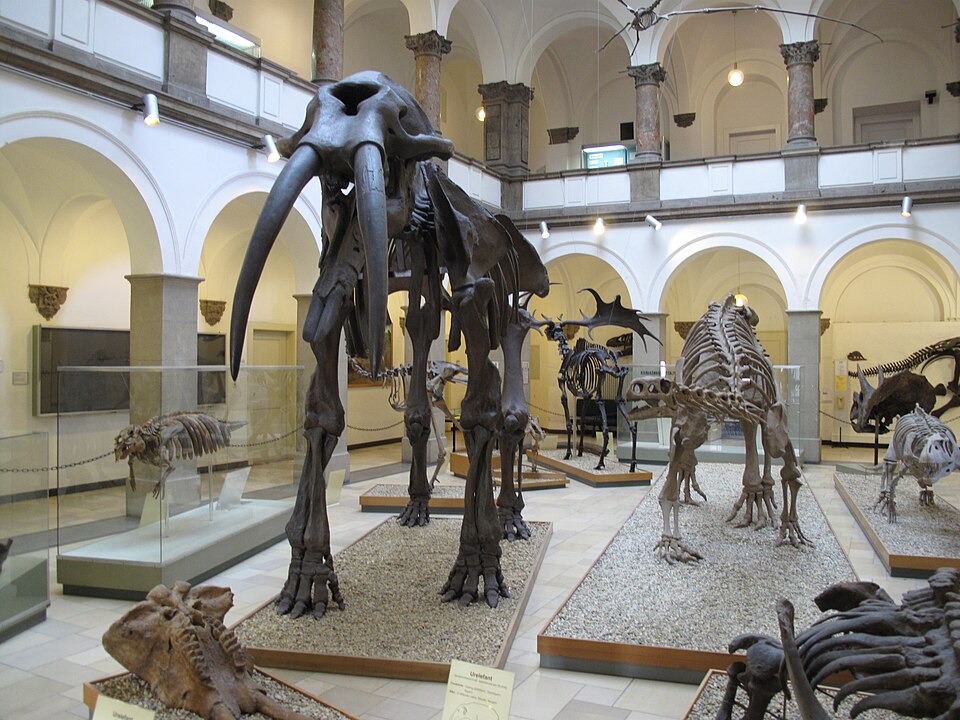
The Palaeontological Museum in Germany (Paläontologisches Museum München), is a German national natural history museum located in the city of …
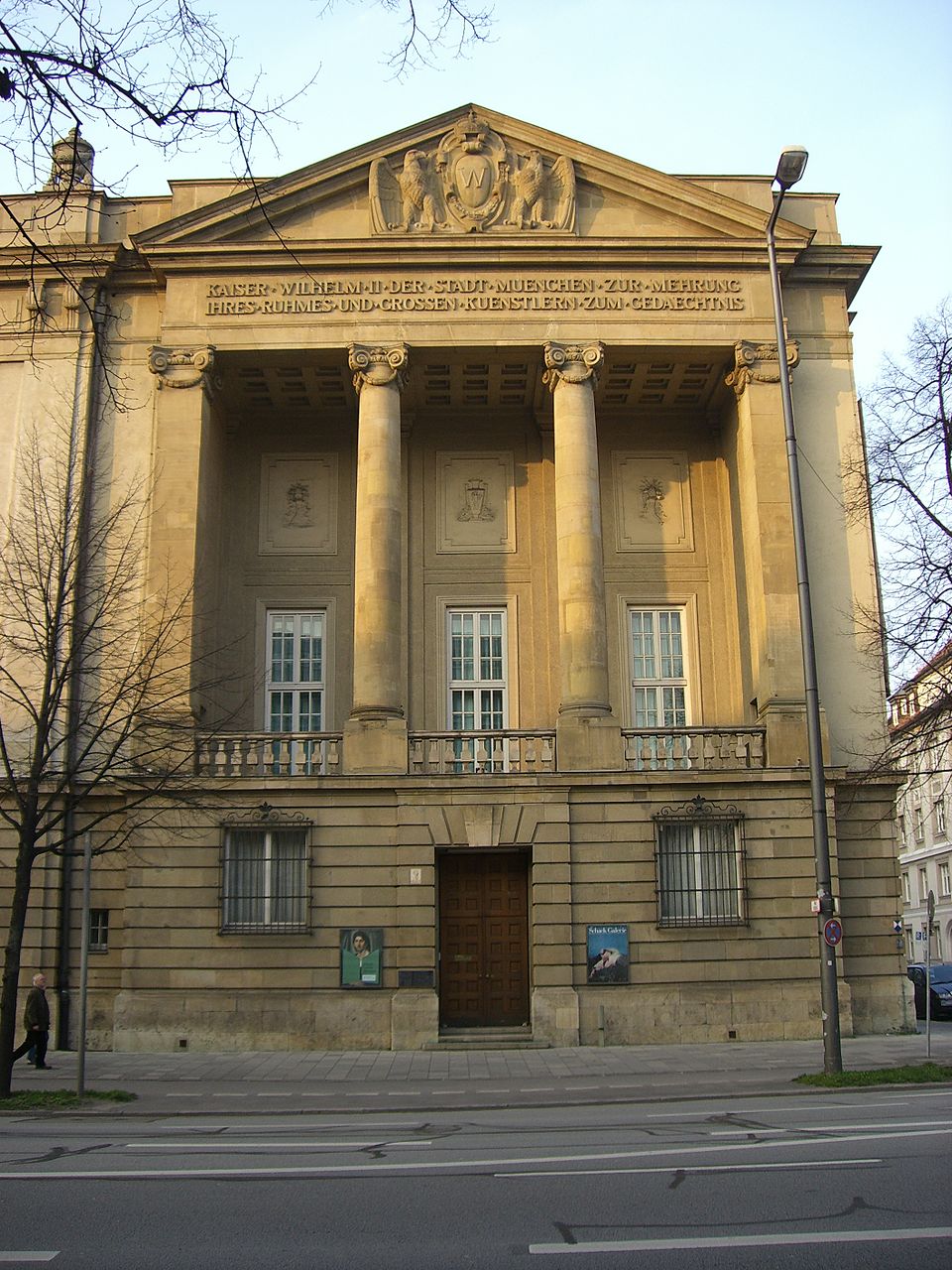
The Schack-galerie is a museum in Munich. It is one of the noted galleries in this city. The museum is …
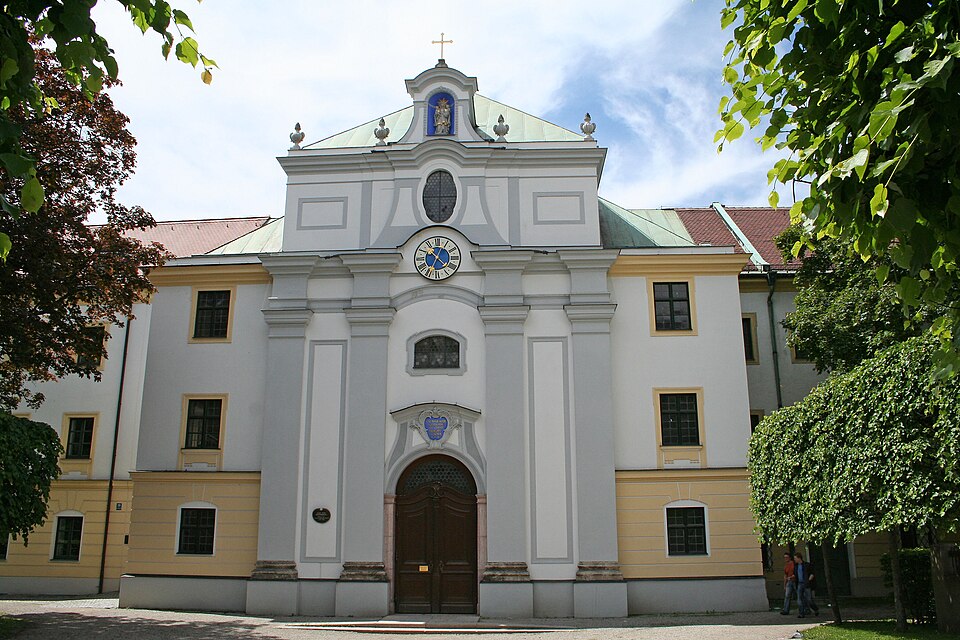
Klosterkirche St. Anna im Lehel is a Catholic abbey church in Munich, Germany. It was the first Rococo church of …
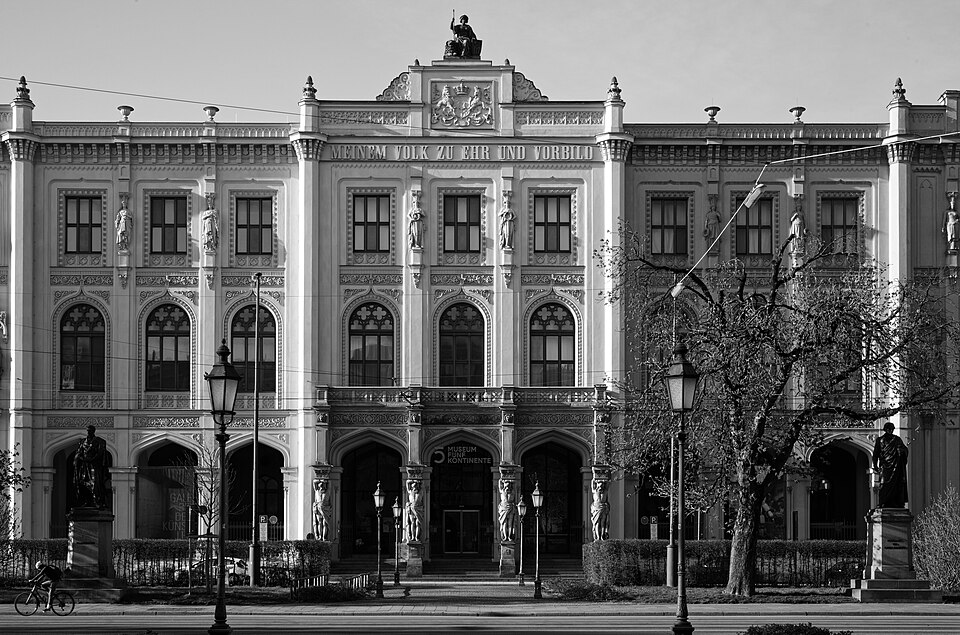
The Museum Five Continents or Five Continents Museum (German: Museum Fünf Kontinente), located in Munich, Germany, is a museum for …
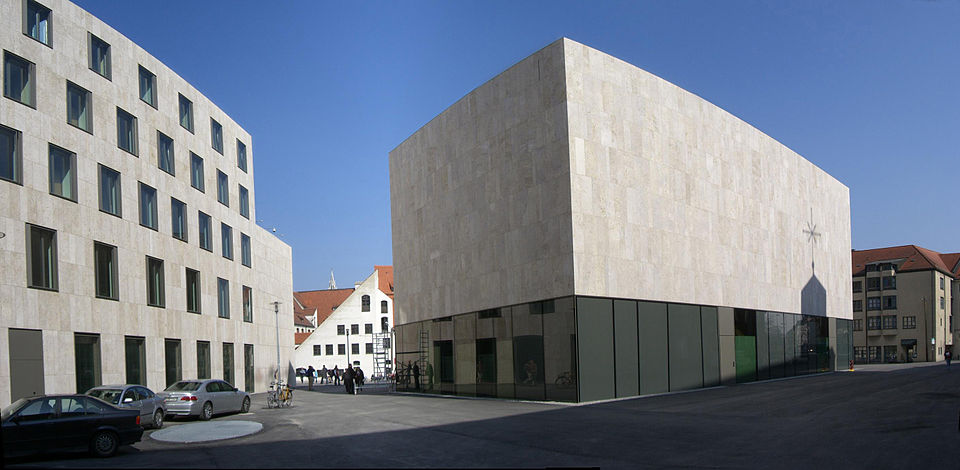
The Jewish Museum Munich (Hebrew: המוזיאון היהודי במינכן), provides an overview of Munich’s Jewish history and is part of the …
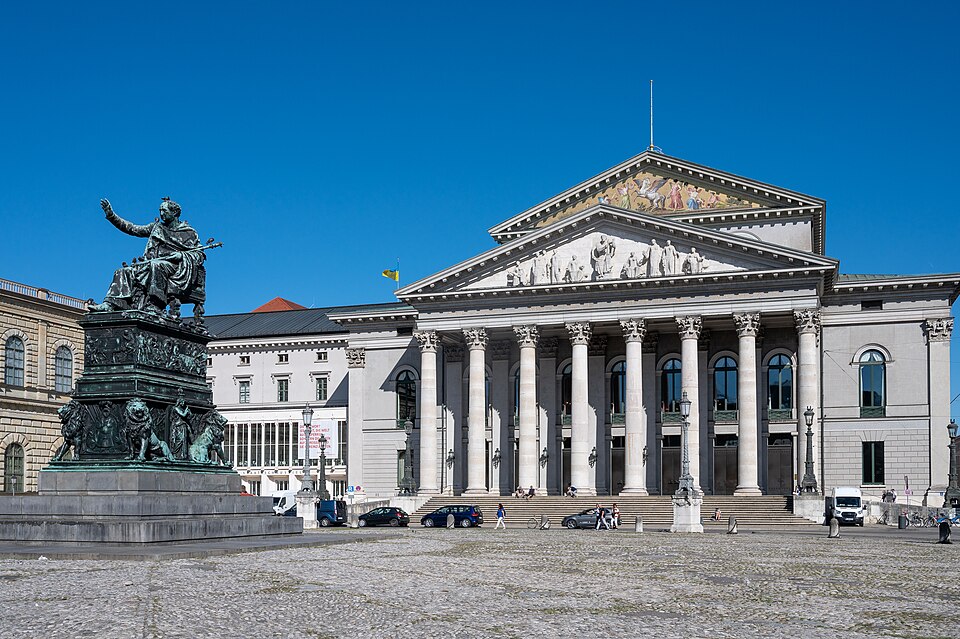
The National Theatre (German: Nationaltheater) on Max-Joseph-Platz in Munich, Germany, is a historic opera house, home of the Bavarian State …
Create a personalized itinerary and unlock the finest experiences München has to offer
Plan Your Trip